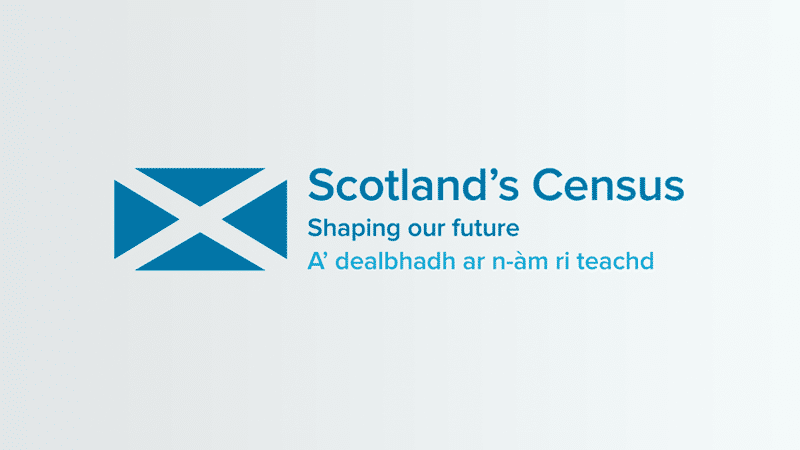Abandoning the requirement for people to put their legal sex on the Scottish census next year risks jeopardising data quality, the UK’s statistics watchdog has warned.
The Office for Statistics Regulation has questioned the decision of the National Records of Scotland (NRS) to allow people to ‘self-declare’ as someone of the opposite sex in Scotland’s Census 2022.
New guidance from the NRS permits respondents to enter a different sex to the one on their birth certificate, without having obtained a Gender Recognition Certificate.
Concerns
In a letter seen by The Times, Director General for Regulation Ed Humpherson asked NRS Chief Executive Paul Lowe if he could explain “how the outcome will impact census data and statistics”.
He also questioned Lowe on whether he had “taken account of any data quality considerations, including the comparability of data across the rest of the UK”.
Finally, he queried how he had “communicated and assured users and stakeholders on these points”.
Sharp rebuke
Commenting on the watchdog’s concerns, Professor Lindsay Paterson of Edinburgh University said: “The regulator has concluded that the NRS plan would make it impossible to compare Scotland with the rest of the UK.”
He continued: “Properly understanding the differences between women’s and men’s experience in Scotland depends on the NRS following the regulator’s wise advice.”this criticism is as sharp a rebuke as a public body can get from an official regulator
Prof Paterson also said: “this criticism is as sharp a rebuke as a public body can get from an official regulator”.
Surgery
The concerns came ahead of criticism from women’s rights group For Women Scotland (FWS) of Scottish Government plans to allow children as young as 16 to change legal sex.
A Freedom of Information request by the group revealed that 51 girls under the age of 18 had been approved for irreversible ‘pro-trans’ mastectomies in the six years prior to April 2020.
FWS Director Trina Budge said: “No physically healthy child should ever be locked into a pathway of puberty blocking drugs and wrong-sex hormones, leading to the removal of breasts at the age of 16.
“Lowering the age at which gender can be changed to 16 will inevitably open the floodgates for many more teenagers to request elective surgeries to match their new legal status.”

ONS abandons attempt to water down ‘legal sex’ in census


